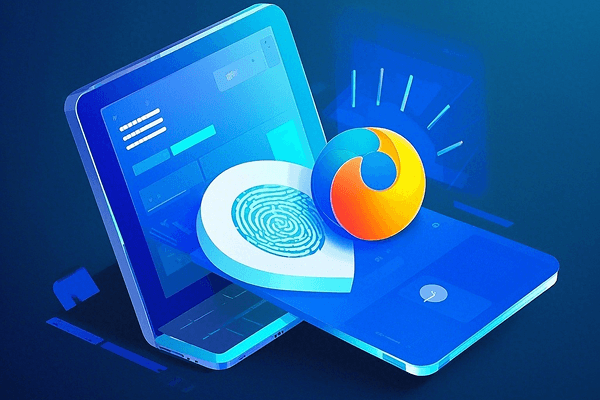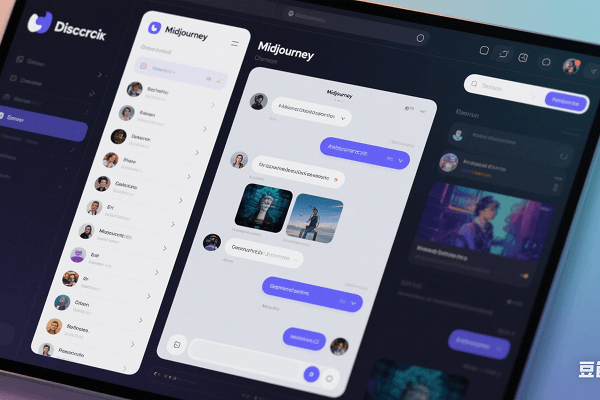
Hot Picks
How to run Facebook ads in 2025? Ideas

Hot Picks
How to promote on Amazon? Sharing various promotion methods

Hot Picks
Choose BitBrowser for fingerprint browsers, and look for the only official website: bitbrowser.cn
Anti-detection browser dedicated proxy IP: the guardian of network privacy and security
Time: 2024-08-08 11:27 Click:

In the vast world of the Internet, privacy and security have always been one of the most concerned issues for users. With the development of network technology, various websites and platforms have strengthened user identification and tracking mechanisms in order to safeguard their own interests. In order to meet this challenge, proxy IP for anti-detection browsers came into being and became an important tool for protecting user privacy and enhancing anonymity.
What is an anti-detection browser?
Anti-detection browsers, as the name suggests, are advanced web browsers that can simulate different browser fingerprints. Browser fingerprints refer to a series of unique information generated by the browser and the operating system, including screen resolution, operating system, browser category and version, installed fonts and plug-ins, etc. Websites usually rely on this information to identify and track users. Anti-detection browsers simulate this information, making it difficult for websites to determine the true identity of the current visitor, thereby effectively preventing tracking and association.
The role of proxy IP
As a "springboard" in the network, the basic principle of proxy IP is that users first access the Internet through a proxy server, so that the record left on the Internet is the IP address of the proxy server, not the user's real IP. This mechanism can not only help users break through IP access restrictions, but also hide the real IP to achieve anonymous access. For users of multi-account operations such as cross-border e-commerce and online marketing, proxy IP is an important tool to circumvent platform audits and prevent account bans.
Advantages of dedicated proxy IP for anti-detection browser
Combining anti-detection browser with dedicated proxy IP can provide users with more comprehensive and powerful privacy protection. On the one hand, anti-detection browser simulates different browser fingerprints, making it difficult for websites to identify the user's true identity; on the other hand, dedicated proxy IP further hides the user's network activity track, making tracking more difficult. This dual protection mechanism greatly improves the anonymity and security of users. Well-known domestic anti-detection browsers include BitBrowser and well-known foreign browsers such as Linken Ball Browser.
In addition, the dedicated proxy IP for anti-detection browser is also highly flexible and scalable. Users can change the proxy IP address at any time according to actual needs, and even simulate different geographical locations and network environments, so as to easily cope with various complex network scenarios.
Application scenarios and challenges
Dedicated proxy IP for anti-detection browser is widely used in cross-border e-commerce, online marketing, data capture and other fields. However, this technology also faces certain challenges. On the one hand, with the continuous upgrading of website identification technology, the effectiveness of anti-detection browsers and proxy IPs may be affected; on the other hand, the abuse of these technologies may also violate relevant laws, regulations and platform policies, bringing unnecessary risks to users.
Therefore, when using anti-detection browser dedicated proxy IP, users need to abide by relevant laws, regulations and platform policies to avoid illegal operations. At the same time, regular updating and checking of proxy IP and browser configurations are also the key to maintaining anti-association effects.
Conclusion
As the guardian of network privacy and security, the anti-detection browser dedicated proxy IP provides users with a powerful protection mechanism. However, its application also needs to be carried out under the premise of legality and compliance. In the future development, with the continuous advancement of technology and the improvement of laws, we have reason to believe that this field will become more mature and reliable.

 Multi-Account Management
Multi-Account Management Prevent Account Association
Prevent Account Association Multi-Employee Management
Multi-Employee Management



